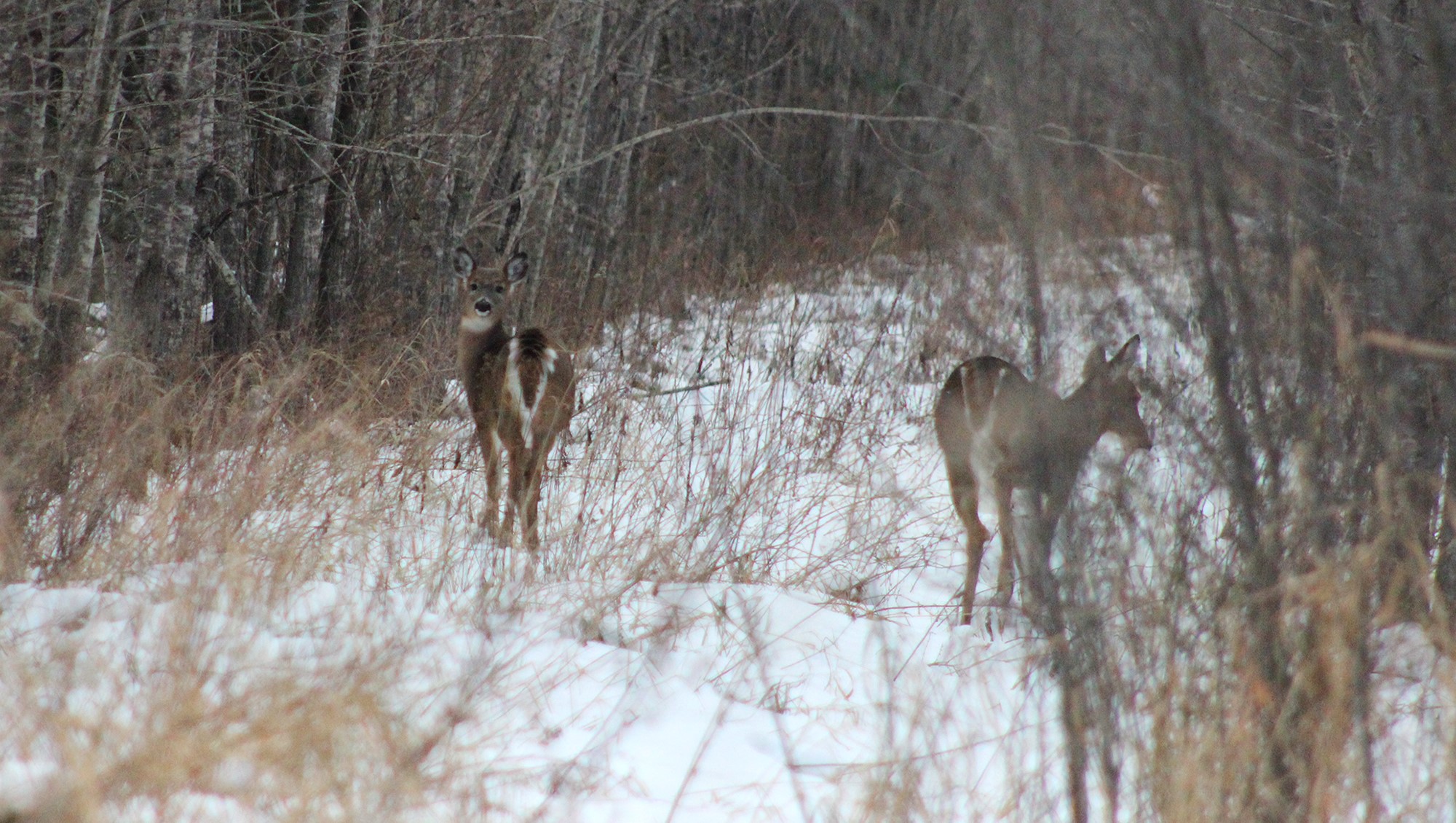
Local
Extended deer season due to chronic wasting disease concerns
The Minnesota Department of Natural Resources has announced additional late season hunts due to the discovery of CWD in a wild deer in Houston County.
Hunters will be required to bring in all carcasses to deer check stations for testing of the disease. The hunt includes areas around where the wild deer was caught this year as well as around a farmed cervid facility only nine miles away in Winona County that had deer test positive in 2017.
“Gathering samples from this larger range will give us a better idea of whether additional wild deer in the area have been infected with CWD,” said Lou Cornicelli, DNR wildlife research manager. “Adult male deer travel long distances, and we don’t know the origin of this deer, so it is important to collect samples over a broad geographic area to get a better picture of CWD in this particular area.”
The DNR and the Board of Animal Health will conduct a joint CWD public information meeting from 7-8:30 p.m. on Tuesday, Jan. 15, in the Tau Center Rotunda at Winona State University, 511 Hilbert St. Bluffland Whitetails Association plans to stream the event on its Facebook page.
National
Food safety, agriculture and government shutdown
The U.S. government shutdowns prompt concern and confusion over what services will be affected. In terms of food safety, protection systems are still in place.
The Centers for Disease Control and Prevention are operating because their budget went through the regular appropriations process. In addition, 2,700 local and state agencies conduct the front-line surveillance, and should still be operational because they operate under state and local tax dollars. The USDA Food Safety and Inspection Service and the Food and Drug Administration are both partially shut down, but food safety work is classified as essential work. Meat and poultry inspectors are still working as usual, and food recalls are still occurring from both agencies.
While these operations remain functional, however, many other services have been shut down including many farm financial services and assistance for the control of some plant and animal pests and diseases unless funded by cooperators or other non-appropriated sources. 62% of the employees at the agency are working, but that number could decrease, and other services may be affected as funding decreases.
International
African swine fever outbreak persists in China
Last week, China reported African swine fever (ASF) in a pig farm housing 73,000 animals in the northeastern Heilongjiang province. The farm is largest yet to be affected by the disease. Since the first reported cases in August, about 100 farms have found ASF and over 200,000 pigs have been culled. Finding the disease in such a large operation is concerning because these operations theoretically have extensive biosecurity protocols.
In addition, a dead pig found on a Taiwanese beach tested positive for ASF, supporting fears the outbreak may be larger than reported, and that China may be concealing the full extent. China claims the disease has been effectively dealt with and under control.
China has been aggressively pursuing the disease, putting in mandatory surveillance policies and restrictions in animal movement from infected provinces. Failing to report deaths of pigs and selling or slaughtering sick or dying pigs is now punishable under criminal law. There is still much more work to be done, however, in controlling the outbreak. “The policies are good, but the increasing outbreaks show that there might be some problem with execution at the local government level,” says Yao Guiling, an analyst with consultancy China-America Commodity Data Analytics.
